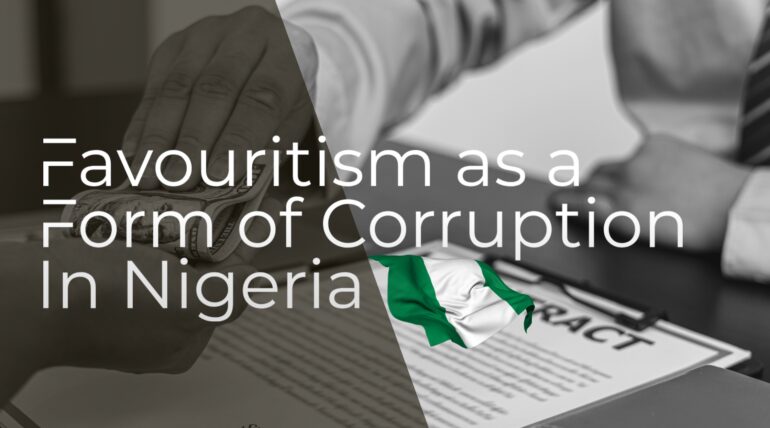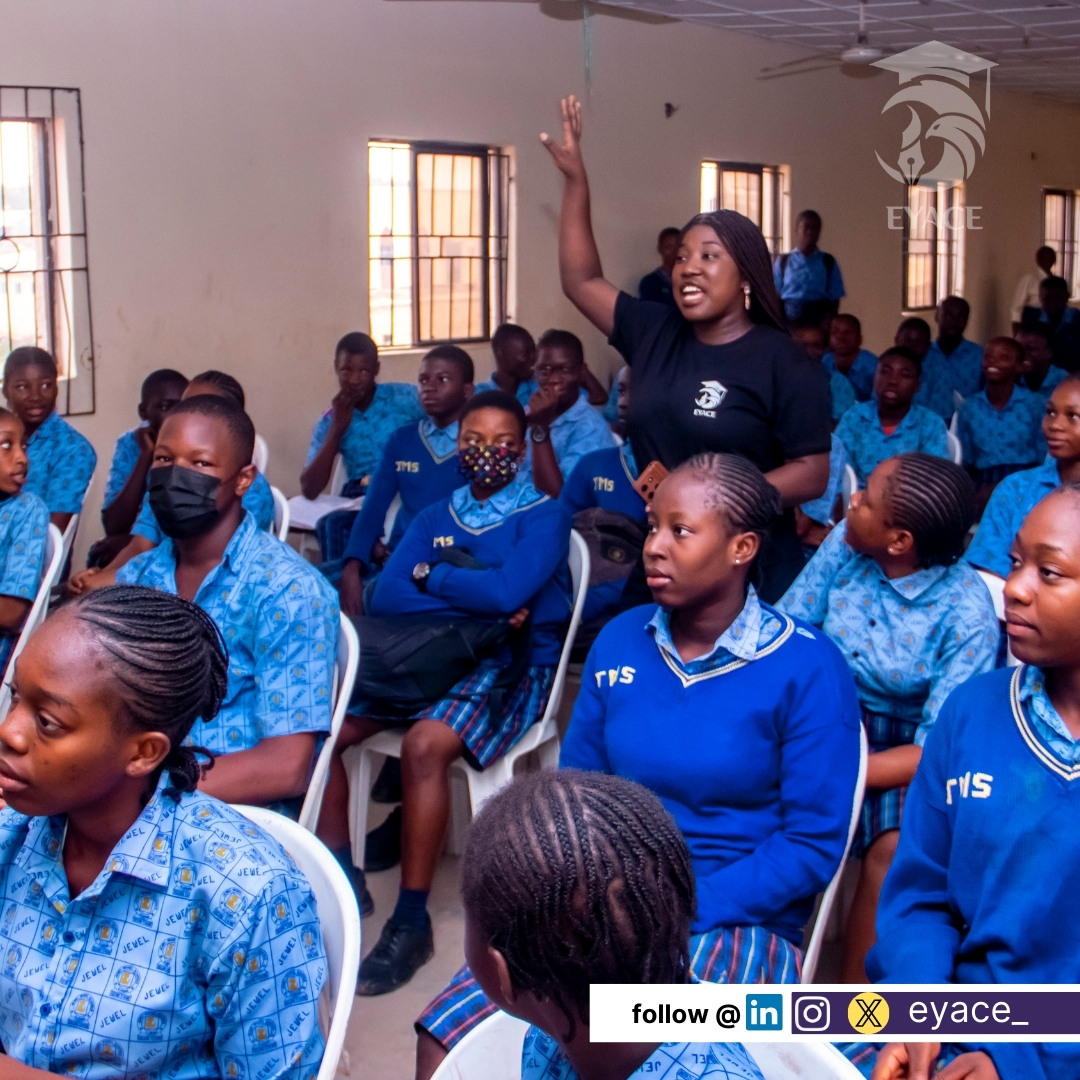Favouritism, a subtle but pervasive form of corruption, is often overlooked in discussions about governance, ethics, and justice in Nigeria. Rooted in societal values and practices, favouritism undermines fairness, equity, and social cohesion, while also breeding mistrust and resentment within communities. Drawing inspiration from the teachings of James 2:1-13, it is essential to examine favouritism in the Nigerian context and its implications for a just and equitable society.
In James 2:1-4, believers are admonished not to show partiality, especially in situations that call for impartial judgment. The passage illustrates a scenario where a wealthy individual is afforded undue preference over a poor person. This preferential treatment is identified as discriminatory and reflective of evil thoughts. Similarly, in Nigeria, favouritism manifests in various forms, such as nepotism, tribalism, and elitism, where individuals are given undue advantage based on their wealth, social status, or connections rather than merit or need. This practice directly contradicts the biblical principle of loving one’s neighbour as oneself (James 2:8).
The Impact of Favouritism in Nigeria:
Favouritism erodes the principles of justice and meritocracy. In public offices, employment, and resource allocation, favouritism has led to the marginalisation of capable individuals who are denied opportunities simply because they lack the “right connections.” This systemic issue perpetuates a cycle of inefficiency and underperformance, as positions of influence are occupied by individuals selected for reasons other than competence. Transparency International describes favouritism as a form of corruption that entrenches inequality and hinders sustainable development.
Furthermore, favouritism dishonours the poor and vulnerable, who are often overlooked in favour of the wealthy and powerful. James 2:5 reminds us that God has chosen the poor to be rich in faith and to inherit His kingdom. Yet, in Nigeria, the poor are frequently disregarded in policymaking and governance, despite their significant contribution to the nation’s socio-economic fabric. This disregard reflects a deeper moral failing, as those in positions of authority exploit their power to benefit the privileged few while neglecting the needs of the majority. As Umy Bulak points out, corruption in the form of favouritism contributes to the structural disempowerment of vulnerable populations.
Favouritism as Corruption:
Corruption, in its many forms, is a violation of ethical and moral standards. Favouritism, though often perceived as less severe than bribery or embezzlement, is equally damaging. It creates an uneven playing field, fosters inequality, and undermines trust in institutions. By showing preferential treatment, individuals and organisations perpetuate injustice, turning a blind eye to the principles of fairness and integrity. Heywood defines corruption as the abuse of entrusted power for private gain, of which favouritism is a clear example.
The exploitation of favouritism in Nigeria’s judicial system further highlights its corrosive impact. As James 2:6-7 points out, the rich are often the ones who exploit others, dragging them into court and blaspheming the name of God. In Nigeria, the wealthy and influential frequently manipulate the justice system to their advantage, leaving the poor to suffer without recourse. This reality not only deepens social divides but also weakens the rule of law. A study by Ogbeidi observes that judicial favouritism compromises the enforcement of anti-corruption laws, undermining public confidence in legal institutions.
The Way Forward: Mercy and Justice:
To combat favouritism as a form of corruption, it is imperative to embrace the values of mercy and justice. James 2:12-13 urges us to act as those who will be judged by the law that gives freedom, emphasising that mercy triumphs over judgment. In practical terms, this means adopting policies and practices that prioritise equity, fairness, and inclusivity.
Government institutions and private organisations must implement transparent systems for recruitment, resource allocation, and decision-making. Merit-based criteria should be the standard for appointments and promotions, ensuring that competence and integrity take precedence over personal connections. Additionally, public awareness campaigns can help educate citizens on the dangers of favouritism and the importance of advocating for justice and fairness.
Religious institutions and community leaders also have a critical role to play in reshaping societal values. By promoting the biblical principles of impartiality and love for one’s neighbour, they can influence individuals to reject favouritism and embrace a culture of equity and compassion.
Conclusion:
Favouritism, as a form of corruption, undermines the foundations of justice and equality in Nigeria. It dishonours the poor, perpetuates inefficiency, and erodes trust in institutions. Drawing from the teachings of James 2:1-13, it is clear that favouritism is not only a societal ill but also a moral failing that must be addressed with urgency. By promoting transparency, meritocracy, and inclusivity, Nigeria can move closer to a society where fairness and justice prevail, reflecting the values of mercy and love that triumph over judgment.








